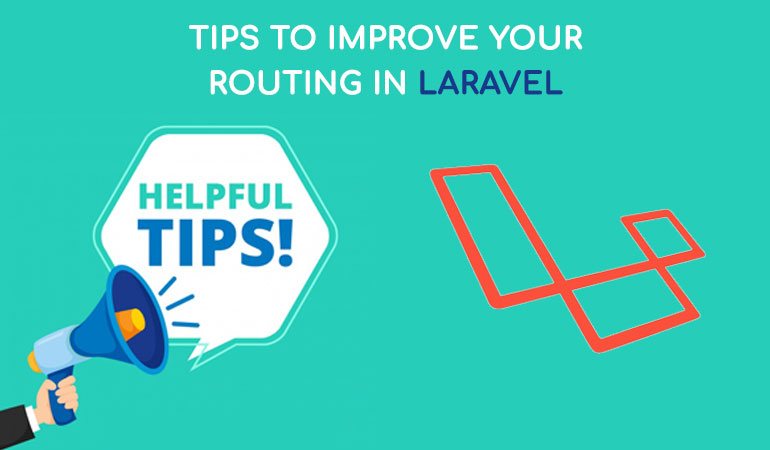Laravel routes
Routing is one of the most important parts of Laravel.Routing in Laravel defines which URL redirect to which action in a controller.
All Laravel routes are declared in your route files, that are placed within the routes directory routes/web.php.
Available Router Methods
Route::get($uri, $callback); Route::post($uri, $callback); Route::put($uri, $callback); Route::patch($uri, $callback); Route::delete($uri, $callback); Route::options($uri, $callback);
you can access the following route by navigating to http://your-webapp.test/user in your browser:
Route::get('/user', 'UserController@index');
Sometimes you will need to define a route that responds to multiple HTTP methods. You can do that by using the match method.
Route::match(['get', 'post'], '/', function () {
//
});
Or, you will even register a route that responds to any or all HTTP methods using any method:
Route::any('/', function () {
//
});
Redirect Routes
To redirects to some another URI you can also use a route, you may use the Route::redirect method.
Route::redirect('/here', '/there');
View Routes
For just returning a view you can also use the route, you may use the Route::view method.
Route::view('/welcome', 'welcome', ['name' => 'Taylor']);
Route Parameters
Required Parameters
Sometimes you may need to capture segments of the URI inside your route.
Route::get('student/{id}', function ($id) {
return 'Student '.$id;
});
Optional Parameters
If you are using an optional parameter in your route. You can use that by placing a ? mark after the parameter name. But Make sure to give the route’s optional variable a default value:
Route::get('user/{name?}', function ($name = null) {
return $name;
});
Named Routes
Named routes generate URLs or redirects for specific routes. You can define a name for a route by chaining the name method onto the route definition:
Route::get('user/profile', function () {
//
})->name('profile');
You can also specify route names for controller actions:
Route::get('user/profile', 'UserProfileController@show')->name('profile');
Route Groups
Route groups allow you to share route attributes, such as middleware or namespaces, across a large number of routes without needing to define those attributes on each individual route.
Middleware
To assign a middleware to all routes for a group, you can use the middleware method before defining the group. Middleware are executed in the order they are defined in the array:
Route::middleware(['first', 'second'])->group(function () {
Route::get('/', function () {
// Uses first & second Middleware
});
Route::get('user/profile', function () {
// Uses first & second Middleware
});
});
Namespaces
Another simple use-case for route groups is assigning the same PHP namespace to a group of controllers using the namespace method:
Route::namespace('Admin')->group(function () {
// Controllers Within The "App\Http\Controllers\Admin" Namespace
});
Sub-Domain Routing
Route groups will also be used to handle sub-domain routing.
Route::domain('{account}.myapp.com')->group(function () {
Route::get('user/{id}', function ($account, $id) {
//
});
});




